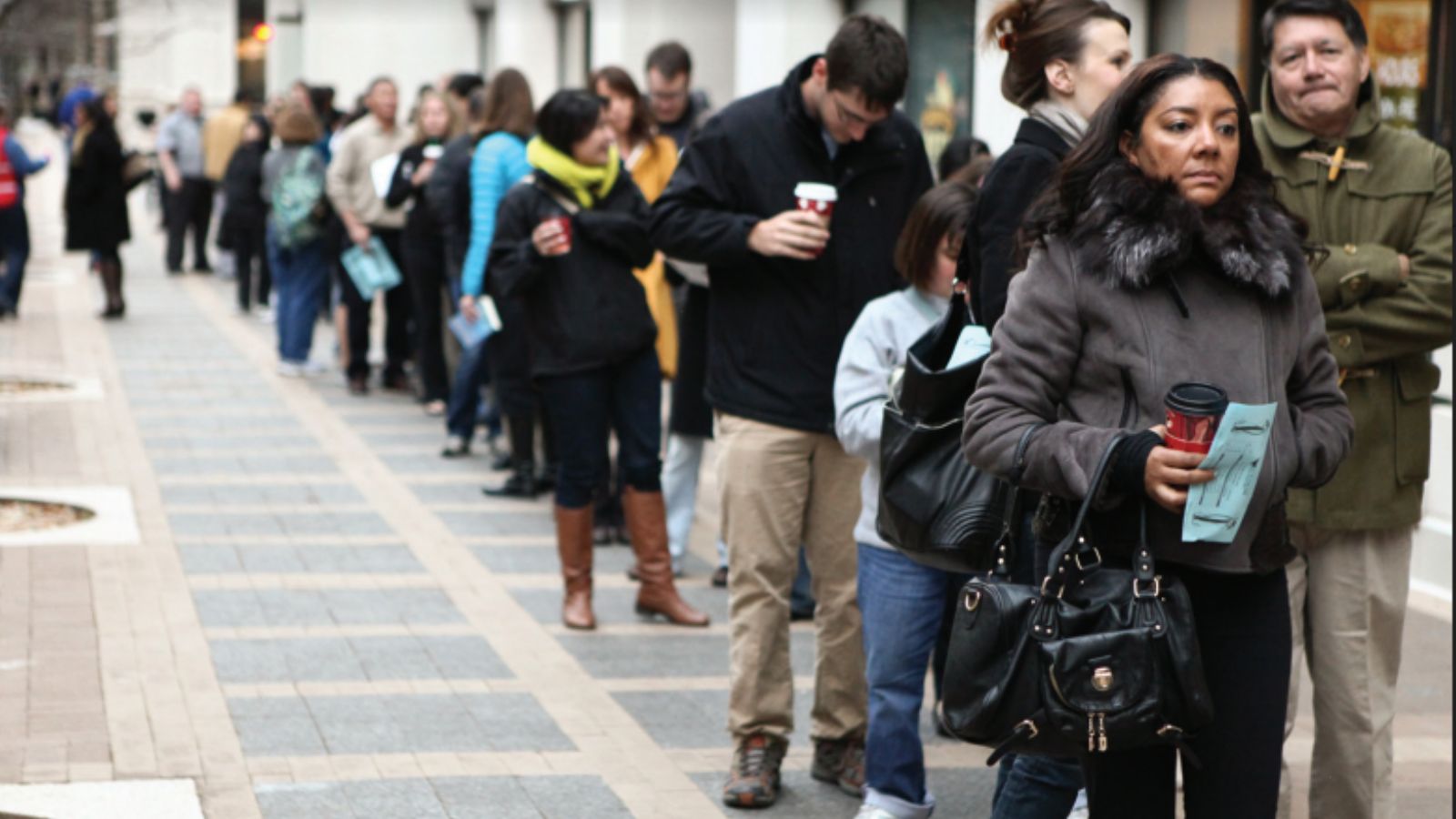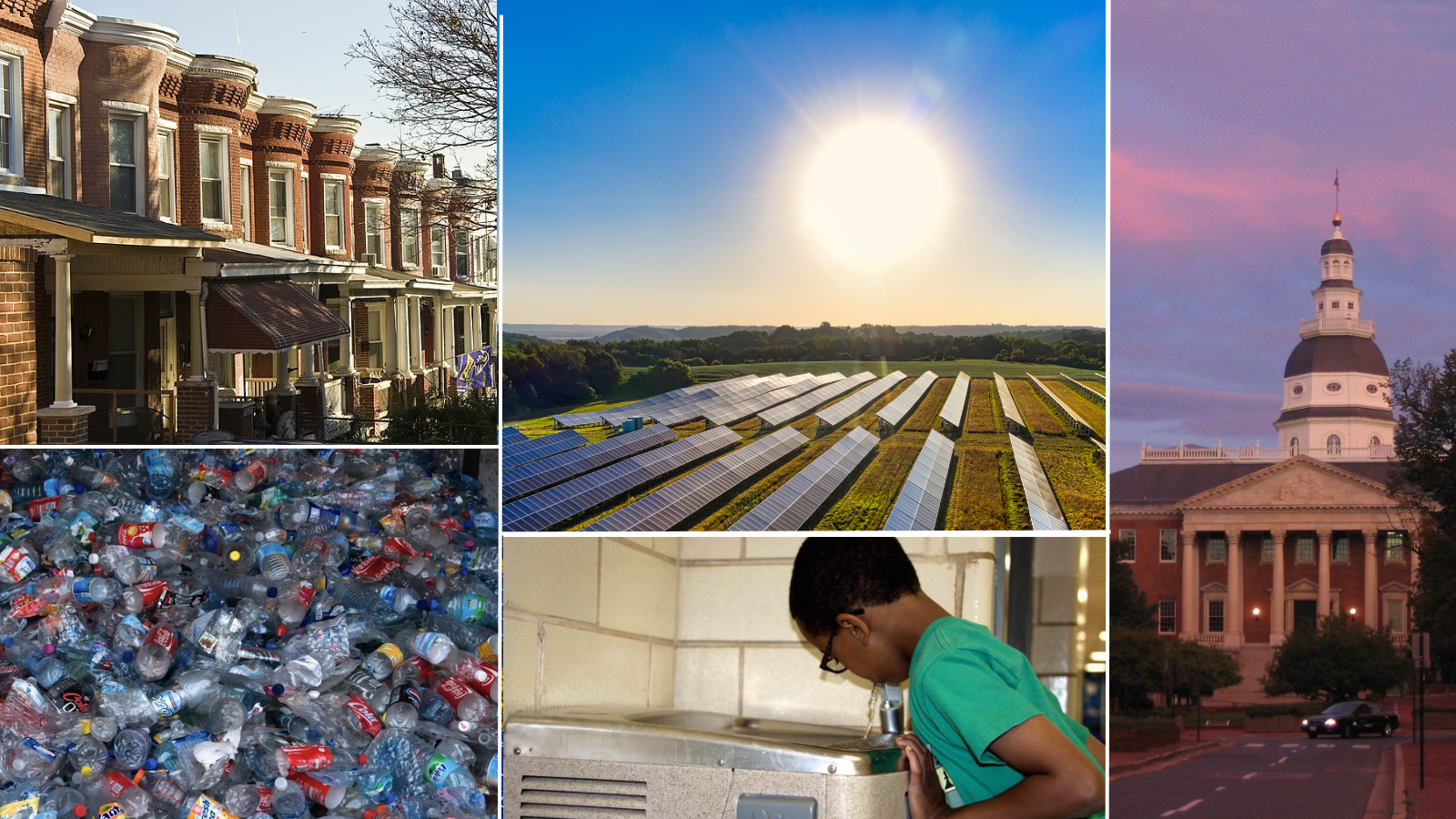Testimony: Student and Military Voter Empowerment Act
Today we testified in support of a bill that reduces the barriers that students and military members face when they're registering to vote and turning out on Election Day.
Today we testified in support of a bill that reduces the barriers that students and military members face when they’re registering to vote and turning out on Election Day.
Testimony for SB 283
Education, Health, and Environmental Affairs Committee
Thursday, Feb. 4, 2021
Student and Military Voter Empowerment Act
POSITION: FAVORABLE
Maryland PIRG is a state based, non-partisan, citizen funded public interest advocacy organization with grassroots members across the state and a student funded, student directed chapter at the University of Maryland College Park. For forty five years we’ve stood up to powerful interests whenever they threaten our health and safety, our financial security, or our right to fully participate in our democratic society. That includes a long history of working to help students register and vote.
We should make every effort to increase voter participation by making voter registration and the act of voting simple and accessible to all eligible voters. Unfortunately, many eligible Maryland voters, especially young Marylanders, are not voting.
Voting serves as a building block to more active involvement in civic life.
In Maryland PIRG’s 45-year history of working to register students to vote and running non-partisan voter registration drives, we have found that most people we talk to want to and intend to participate in voting, but as new voters, they often struggle to navigate the voter registration system or forget they need to update their registration every time they move.
The coronavirus crisis compounded these issues. We saw that students were unable to update their voter registration or request absentee ballots online because they didn’t have a Maryland State ID, and many students we worked with were unsure where to have their ballots mailed since they weren’t sure if their dorm would suddenly close. Military personnel who frequently move from state to state faced similar challenges.
Young people vote less frequently than the rest of the population. In 2018, turnout of voters under 29 was at 36% compared to 53.4% of all eligible voters turned out. In 2020, about half of all eligible people under the age of 29 voted, compared to two-thirds of all eligible voters. Moreover, less than half of servicemembers voted. Numerous studies have shown that voting is habit forming, and people who vote are more likely to become habitual voters that participate in elections for the rest of their lives.
Studies show that young people who are registered to vote turn out in high numbers, very close to the rate of older voters. The voter registration gap in young people is a driving force in low youth voter participation. In 2018, only 54% of Marylanders aged 18-24 were registered to vote, compared to 66% of all Marylanders over the age of 18.
In order to increase civic participation we need to help young people and military members get registered to vote and ensure they have the tools they need to turn out on Election Day. For example, Maryland Institute College of Art (MICA) created a cross-campus coalition of staff, administration, faculty and students and put together a thorough voting action plan. As a result, MICA became the school with the highest voter registration rate in the country, with 95.2% of eligible students being registered to vote.
During the 2020 elections, Maryland PIRG students helped register and turn out thousands of University of Maryland students to vote. Election after election in states across the country, we have found that if we ask students to vote and help them navigate the system, they will.
We should reduce the barriers faced by young people trying to register to vote and go to the polls.
The Voter Empowerment Act ensures that:
- Military members can use their Department of Defense-issued ID, the Common Access Card, to register to vote online;
- Local Boards of Elections will seek input from large residential institutional communities, including college campuses, nursing homes, and military installations, when they select polling locations;
- Universities will post the link to the online voter registration form on the website students use to register for classes to keep it visible;
- Public universities will have a student voter coordinator, who will take point on forming a plan to support student voter registration and ensure students have the information they need to register to vote and turn out.
Maryland should take this opportunity to step up and be a national leader on democracy issues. We can encourage first time and young voters, increase civic participation, and build a more functional democracy.
We respectfully request a favorable report.
Topics
Authors
Rishi Shah
Find Out More

Fair Elections in Maryland Counties

Our 2023 Legislative Agenda and Priorities

Testimony: Local Public Campaign Financing – Expansion to Additional Offices

